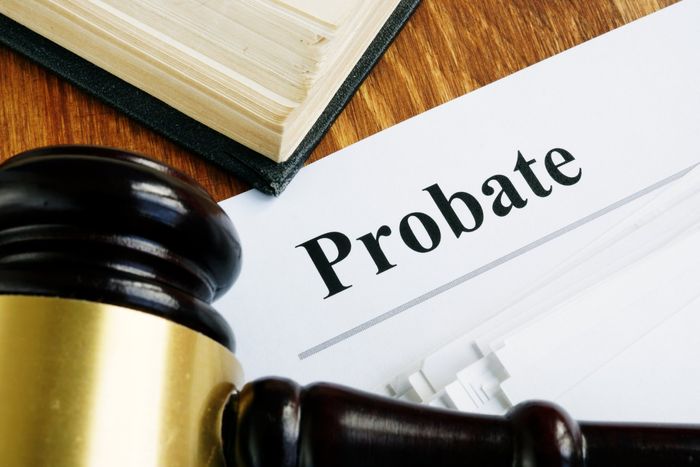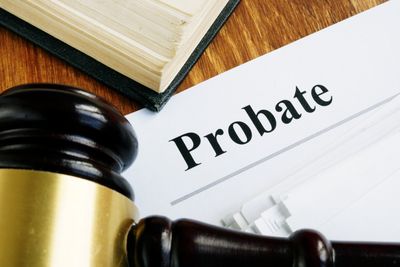The Probate Process
Probate is a Court proceeding pursuant to which property of the recently deceased is distributed under the terms of the Will. If there is no Will, then “intestate succession” applies, and the property will be distributed under Arkansas Law. Due the costs and lengthy associated timeline, Probate should be avoided if possible, with a Revocable Trust. However, our office can assist with Probate and related litigation if necessary.
Help Avoid the Exhausting Process of Probate
Probate is defined as a Court remedy to distribute the property of the recently deceased and confirm the validity of any Will left behind. It is an exhausting process, and in most cases, should be avoided at all costs. Revocable Trusts should eliminate the obligation of Probate. If you do happen to need Probate, a competent and knowledgeable attorney is a necessity.
What is the Probate Process in Arkansas?
The Court will appoint a "personal representative," who is then legally required to inform all the necessary parties involved. The Court will interpret the "interested parties" as any party named in the Will (including disinherited persons). The Personal Representative is then obligated to collect and take an accounting of your entire estate. The Court will allow time for creditors to file a claim against the estate. If one is filed, some of the property may need to be liquidated to repay the obligations of the recently passed.
Useful Probate Facts
Under Arkansas law, a spouse has "additional rights" granted to them that exceed what is left in a Will.
Arkansas acknowledges "dower and curtsey," which are spousal rights that must be addressed in Probate Court. If all of the lawful heirs are not adequately notified of the Probate proceedings, the Personal Representative may be held personally responsible, and the final dissemination of the assets may endure further litigation.
Estate taxes must also need accounting, and final tax returns must be filed if required. Both the Personal Representative and the Attorney for the Estate can claim a fee based on a percentage of the Estate's total assets.







